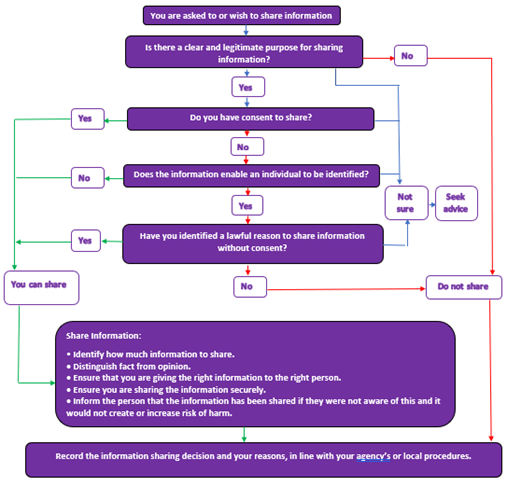UK General Data Protection Regulation (UK GDPR)
UK GDPR was part of a Europe wide package of reform to the data protection landscape that includes the Data Protection Act 2018.
UK GDPR sets out requirements for how organisations need to handle personal data, enhancing the rights of people whose data is held. It is designed to strengthen the protection of personal information, in response to technological and societal changes that have taken place over recent years, and extend the rights and controls individuals have over their data.
UK GDPR guidance and resources contains lots of useful information and can be found on the Information Commissioner's Office website.
The Data Protection Act 2018
Everyone responsible for using personal data has to follow strict rules called 'data protection principles'. They must make sure the information is:
- used fairly, lawfully and transparently
- used for specified, explicit purposes
- used in a way that is adequate, relevant and limited to only what is necessary
- accurate and , where necessary, kept up to date
- kept for no longer than is necessary
- handled in a way that ensures appropriate security, including protection against unlawful or unauthorised processing, access, loss, destruction or damage
There is stronger legal protection for more sensitive information such as race, ethnic background, political opinions, religious beliefs, trade union membership, genetics, biometrics, health, sex life or orientation.
Human Rights Act 1998
The Human Rights Act 1998 sets out the fundamental rights and freedoms that everyone in the UK is entitled to. It incorporates the rights set out in the European Convention on Human Rights (ECHR) into domestic British law.
Article 2 and 3 place an obligation on public authorities to protect people's rights to life and their freedom from torture, inhumane and degrading treatment.
Article 8 is Respect for your private and family life, home and correspondence.
Meeting these obligations may require these rights to be balanced against each other. Information should be shared with consent wherever possible, but some situations where people are at risk of abuse or neglect, may necessitate lawful information sharing without consent.

